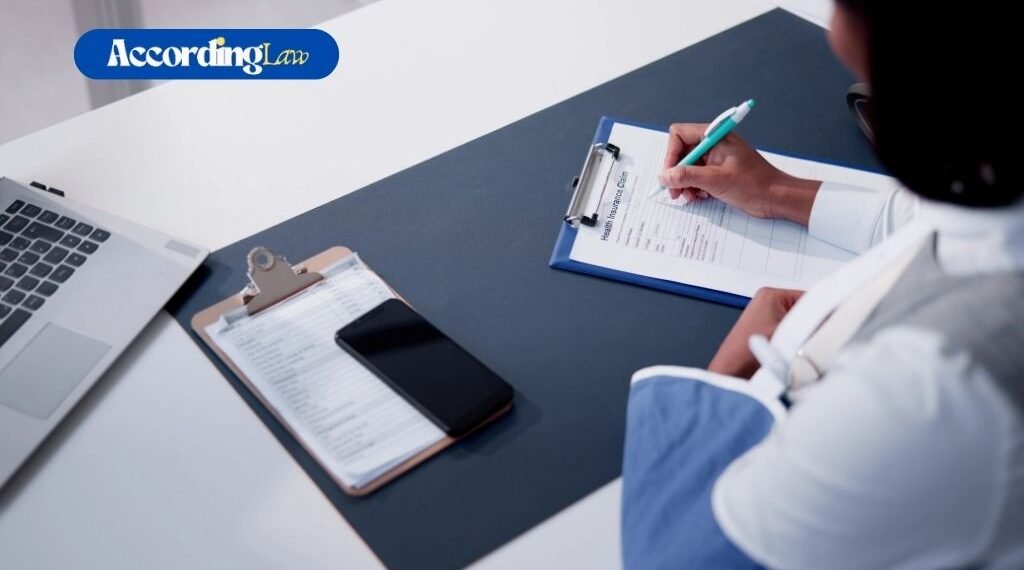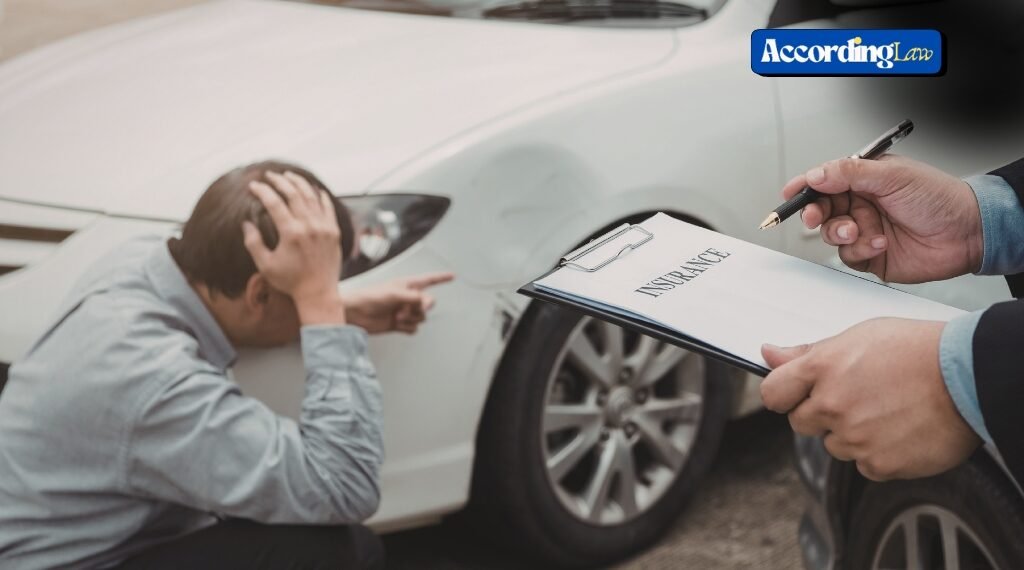Statistics show an average driver crashes three times in a lifetime. The question is not if you will get into an accident, but when. Not all accidents result in injuries or the need to file a personal injury claim.
If it does, you must be equipped with the knowledge to handle the situation to ensure the greatest outcome for your claim. This article offers a guide on navigating compensation after a car accident in West Virginia, but you can apply the same concept to other states.
Table of Contents
Get Medical Attention
Almost every guide you find on navigating compensation after a personal injury will have seeking medical attention at the top of the list of things to do. There are plenty of reasons for it.
First, seeking medical attention helps you stay out of danger. Danger in an accident doesn’t always take the form you think it should. You could suffer severe injuries and not be in pain, so the golden rule of thumb is to call 911, regardless of how you feel.
The second reason you want medical attention is that it helps produce the documentation necessary to prove the harm suffered due to the accident. The sooner you can start the documentation, the better. Waiting too long to get medical attention can introduce medical gaps that can be used by the opposing side to deny liability or lower the value of your claim.
Notify the Police and the DMV
West Virginia law requires drivers to report any accident resulting in injury or property damage valued above $1000 to the police. The DMV reporting threshold is relatively low at $500 combined property damage, even with no injuries.
It’s a good idea to report every accident, even if you feel it doesn’t meet the threshold. Your report acts as the official accident record and can help create a link between later injuries and an accident.
Gather Evidence
“You need evidence to prove your case. The standard may not be as strict as in a criminal case, but it must be convincing. The sooner you can start gathering evidence, the better,” says West Virginia personal injury Jamie Bordas. So, the most advantageous time to begin is immediately after it happens.
Once you are sure of your safety and have called 911, start taking pictures and recording video footage of the scene. You can ask for help from onlookers if your injuries don’t allow it. As you document the scene, talk to witnesses and ask for their contact information if they are willing to share it.
You also need to hold on to the documentation that helps prove the extent and severity of your injuries and the losses incurred due to the accident. This includes medical records, bills, receipts, invoices, and bank statements.
Get A Lawyer
The opposing side loves it when the victim does not have a lawyer. This is because they can use their naivety to reduce the value of their claim or deny liability altogether. So, while you could deal with it alone, having a lawyer by your side is advisable.
Typically, personal injury lawyers only get paid if they win your case and do not charge anything until settlement. Also, you stand to recover more with a lawyer than without one, even after paying your lawyer, so it’s a win-win.


